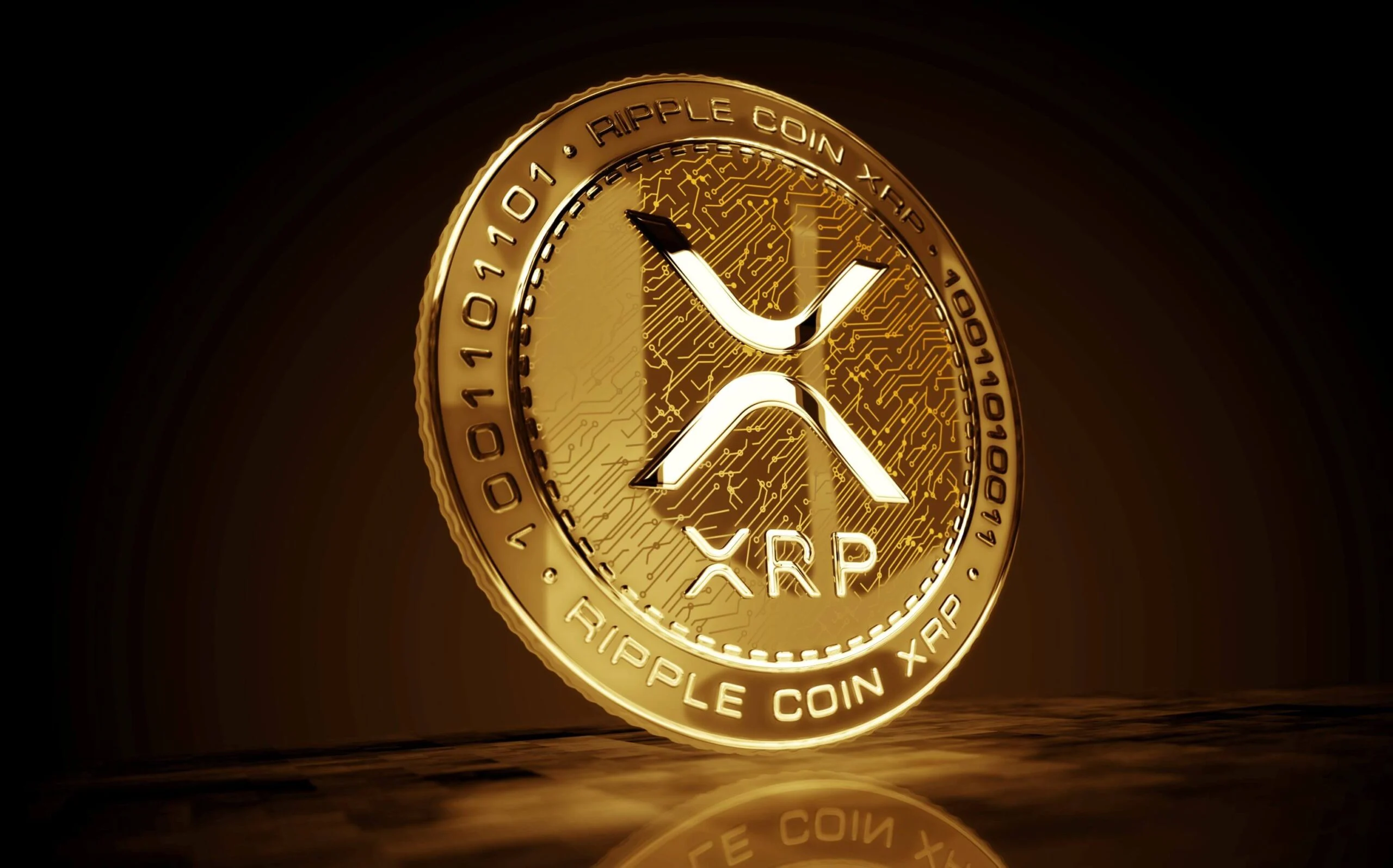Institutional Support Grows for Liquid Staking in Solana ETFs

A powerful coalition of crypto and traditional finance players, including Solana infrastructure provider Jito Labs and asset management giants VanEck and Bitwise, is formally appealing to the U.S. Securities and Exchange Commission (SEC) to approve liquid staking for forthcoming Solana-based exchange-traded products (ETPs). This push represents a significant step toward integrating more sophisticated decentralized finance (DeFi) functionalities into regulated investment vehicles, potentially unlocking greater capital efficiency and attracting a new wave of institutional investors.
The Push for More Advanced Crypto Financial Products
As the market awaits an SEC decision on at least nine proposed Solana ETPs, key stakeholders are arguing that incorporating liquid staking is crucial for the success and stability of these funds. In a letter to the SEC, Jito Labs, VanEck, Bitwise, Multicoin Capital Management, and the Solana Policy Institute contended that liquid staking offers distinct advantages over traditional staking, which typically “locks up” assets.
Liquid staking allows investors to stake their tokens to help secure the network while receiving a derivative token a Liquid Staked Token (LST) in return. This LST remains tradable and can be used in other DeFi applications, providing liquidity that is absent in conventional staking.
The group argues that LSTs would allow ETP issuers to manage their portfolios more effectively. For instance, in the face of large fund inflows or redemptions, issuers could use LSTs to rebalance their holdings quickly, avoiding the costs and potential tracking errors associated with forced selling or buying of the underlying asset. The letter also highlighted benefits such as enhanced network security, additional revenue streams for ETP issuers, and more diverse product options for investors.
Regulatory Hurdles and Unaddressed Risks
Despite the strong push from the industry, the path forward remains uncertain. The SEC has not yet issued formal guidance on liquid staking, creating a regulatory gray area. While the commission has suggested that traditional staking tied directly to a network’s consensus mechanism may not constitute a securities offering, the complex nature of liquid staking and its associated derivative tokens remains unaddressed.
Notably, the appeal to the SEC did not delve into the inherent risks of liquid staking, which include potential smart contract bugs, vulnerabilities in the underlying protocols, and the risk of LSTs “de-pegging” from the value of the staked asset. These are critical considerations that regulators will need to weigh as they evaluate these novel financial products.
A Hot-Button Issue Across the Crypto ETP Landscape
The effort to include staking is not unique to Solana. Issuers of spot Ether (ETH) exchange-traded funds (ETFs) are also actively seeking SEC approval for staking features. In July 2025, Nasdaq filed an application to permit staking within BlackRock’s highly successful iShares Ether ETF, following similar filings for Grayscale’s ETH funds earlier in the year.
Industry analysts believe that adding staking yields to crypto ETFs could be a game-changer for institutional adoption. The ability to earn a yield on top of asset appreciation makes these products significantly more attractive to large-scale investors like pension funds, who prioritize steady, predictable income. BlackRock’s head of digital assets, Robbie Mitchnick, noted that while the firm’s Ether ETF has been a success, it remains “less perfect” without the inclusion of staking.
Analysts predict that an ETH ETF with a 3-5% staking yield could “dramatically reshape the market” by making the product a highly compelling portfolio addition and attracting significant institutional capital that has so far remained on the sidelines.
Conclusion: Bridging TradFi and the Future of DeFi
The coordinated appeal for Solana liquid staking represents a broader industry ambition to move beyond simple spot exposure and integrate the core, yield-generating functionalities of blockchain technology into mainstream financial products. The SEC’s decision on both Solana and Ether ETP staking will be a landmark moment, potentially setting a precedent for how advanced DeFi mechanisms are treated within regulated markets and defining the next chapter of institutional crypto investment.







